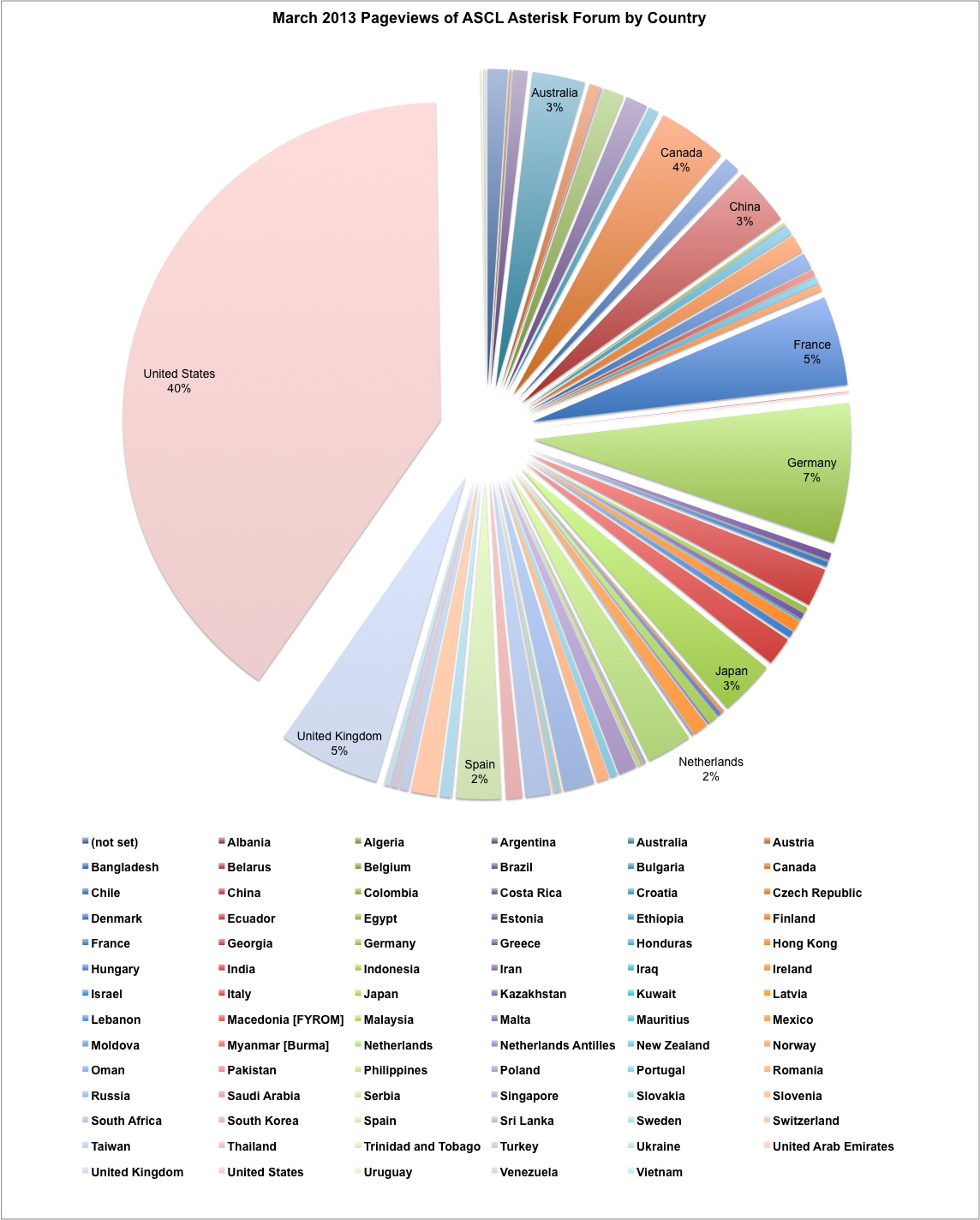I’m behind and am glad my next weekend starts on Thursday and runs for four days; perhaps I’ll get caught up! Eight codes added in June are now available and more are coming. Watch
Preserving.exe: Toward a National Strategy for Preserving Software
On May 20 and 21, the Library of Congress’s Digital Preservation program held Preserving.exe: Toward a National Strategy for Preserving Software, which focused on preserving software as digital artifacts of life in the late 20th-early 21st century. Robert Hanisch, Peter Teuben, and Alice Allen attended, and Peter, chair of our Advisory Committee, presented a talk on the ASCL. The slides from Peter’s talk are now available online.
May 2013 additions to the ASCL
Fifteen codes were added to the ASCL in May:
AdaptaHOP: Subclump finder
ESTER: Evolution STEllaire en Rotation
FITDisk: Cataclysmic Variable Accretion Disk Demonstration Tool
GaussFit: Solving least squares and robust estimation problems
GILDAS: Grenoble Image and Line Data Analysis Software
MapCUMBA: Multi-grid map-making algorithm for CMB experiments
Merger Trees: Formation history of dark matter haloes
Non-Gaussian Realisations
PINOCCHIO: PINpointing Orbit-Crossing Collapsed HIerarchical Objects
PkdGRAV2: Parallel fast-multipole cosmological code
Pressure-Entropy SPH: Pressure-entropy smooth-particle hydrodynamics
pynbody: N-Body/SPH analysis for python
TAU: 1D radiative transfer code for transmission spectroscopy of extrasolar planet atmospheres
TPM: Tree-Particle-Mesh code
YNOGK: Calculating null geodesics in the Kerr spacetime
We also added ExoVis to our web resources and tools page.
Interesting web resource, interesting paper
ExoVis, the winner of the 2013 Open Exoplanet Catalogue visualization contest, is an exosystem visualizer programmed by Tom Hands, a PdD student at the University of Leicester. It’s quite elegant. ExoVis has been added to our list of Web Resources and Tools.
Streams Going Notts: The tidal debris finder comparison project popped up on arXiv recently. This paper, which has been added to our thread for papers of possible interest, discusses testing four codes, S-Tracker, VELOCIraptor (formerly known as the STructure Finder, STF), ROCKSTAR, and HOT6D, to determine how well they find tidal debris in a fully cosmological Milky Way type simulation. The paper compares the algorithms used by the codes and quantifies the findings.
April 2013 additions to the ASCL
Twenty-one codes were added to the ASCL in April:
Astropy: Community Python library for astronomy
Copter: Cosmological perturbation theory
CosmicEmuLog: Cosmological Power Spectra Emulator
CosmoRec: Cosmological Recombination code
DESPOTIC: Derive the Energetics and SPectra of Optically Thick Interstellar Clouds
Diffusion.f: Diffusion of elements in stars
GALSVM: Automated Morphology Classification
IFrIT: Ionization FRont Interactive Tool
MPgrafic: A parallel MPI version of Grafic-1
ORIGAMI: Structure-finding routine in N-body simulation
PEC: Period Error Calculator
pyCloudy: Tools to manage astronomical Cloudy photoionization code
PyNeb: Analysis of emission lines
Qhull: Quickhull algorithm for computing the convex hull
Sérsic: Exact deprojection of Sérsic surface brightness profiles
SFH: Star Formation History
SZpack: Computation of Sunyaev-Zeldovich (SZ) signals
TPZ: Trees for Photo-Z
TVD: Total Variation Diminishing code
VOBOZ/ZOBOV: Halo-finding and Void-finding algorithms
March 2013 additions to the ASCL
Thirty codes were added to the ASCL in March:
2MASS Kit: 2MASS Catalog Server Kit
ACORNS-ADI: Algorithms for Calibration, Optimized Registration and Nulling the Star in Angular Differential Imaging
ATLAS12: Opacity sampling model atmosphere program
BSE: Binary Star Evolution
CADRE: CArma Data REduction pipeline
CosmoHammer: Cosmological parameter estimation with the MCMC Hammer
DPUSER: Interactive language for image analysis
emcee: The MCMC Hammer
Galactus: Modeling and fitting of galaxies from neutral hydrogen (HI) cubes
GaPP: Gaussian Processes in Python
GBTIDL: Reduction and Analysis of GBT Spectral Line Data
Ginga: Flexible FITS viewer
idistort: CMB spectral distortions templates and code
ionFR: Ionospheric Faraday rotation
iSAP: Interactive Sparse Astronomical Data Analysis Packages
MAGIX: Modeling and Analysis Generic Interface for eXternal numerical codes
micrOMEGAs: Calculation of dark matter properties
MOPSIC: Extended Version of MOPSI
pysynphot: Synthetic photometry software package
SMMOL: Spherical Multi-level MOLecular line radiative transfer
SSE: Single Star Evolution
Stellarics: Inverse Compton scattering from stellar heliospheres
Sunrise: Radiation transfer through interstellar dust
SWIFT: A solar system integration software package
TAC-maker: Transit Analytical Curve maker
TGCat: Chandra Transmission Grating Catalog and Archive
TYCHO: Stellar evolution code
UCL_CHEM: time and depth dependent gas-grain chemical model
UCL_PDR: Time dependent photon-dissociation regions model
Xmatch: GPU Enhanced Astronomic Catalog Cross-Matching
Finding codes and Russian nesting dolls
As those familiar with the ASCL know, those working on it take an active approach to sharing astrophysical source code, ferreting out codes, looking for their download sites, and creating entries for them in the ASCL. We welcome and indeed (enthusiastically!) encourage code authors to create entries for their codes, but most of the indexing of codes is currently done by ASCL associate editor Kim DuPrie and me.
I regularly read through pre-prints looking for mention of codes not yet indexed by the ASCL; Advisory Committee Chairman Peter Teuben does the same. He has access to publications I cannot get to, such as MNRAS, and looks there for codes as well. A paper may yield a code new to the ASCL, and sometimes, a paper will reveal what Peter and I refer to as Russian dolls: the deeper we get into a paper, the more codes it reveals. One paper he sent to me recently revealed 37 (!) codes, only 5 of which the ASCL had indexed. Thirty-two new codes to try to find!
 Other times, a paper will mention two or three or more codes which lead us to other papers which mention yet more codes, which lead us to papers which mention even more codes… and though the ASCL indexes over 600 codes, there are still hundreds, probably thousands, out there it hasn’t indexed, so some of these more more MORE codes that we come across also need to be found. Like Russian nesting dolls, the codes go on and on and on.
Other times, a paper will mention two or three or more codes which lead us to other papers which mention yet more codes, which lead us to papers which mention even more codes… and though the ASCL indexes over 600 codes, there are still hundreds, probably thousands, out there it hasn’t indexed, so some of these more more MORE codes that we come across also need to be found. Like Russian nesting dolls, the codes go on and on and on.
It’s times like that — finding 32 new codes in just one paper! peeling back layers and layers of new codes! — I wish I could work on the ASCL full-time. Well, also the times I look at the list we’d already compiled (a list I stopped adding to over a year ago) of ~ 200 codes to find. Also the times I look at the list of things still to be done for/on/about the ASCL beyond indexing new codes.
So many codes, so little time to spend on them, alas!
Where do they come from? ASCL pageviews by country
Idly browsing through Google Analytics statistics on the ASCL, I pulled out pageviews by country, these just of the ASCL forum on Asterisk for this month so far. Of the 4,843 pageviews, 1,939 (40%) are from the US, which means of course that 60% are not. People from eighty-three countries have accessed the code entries forum; I’ve tagged the pie slices below of the ten countries with at least 2% of the total pageviews. Click on the pie to see the chart at full size.
600!
Yay!
That is all.
ASCL in Astronomy Computing Today
Advisory Committee member Bruce Berriman has a nice post about the ASCL on his excellent Astronomy Computing Today blog.
Thanks, Bruce!

